The Oscars have traditionally favored dramatic movies, but sporting films, particularly those centred around boxing, have a history of success at the prestigious ceremony. These movies delve into the lives of athletes and the impact that such a dangerous sport has on both themselves and their families. By capturing the emotional and physical struggles faced by these individuals, boxing films resonate with a wide audience and often receive critical acclaim.
The raw intensity and human drama portrayed in these movies transcend the sports genre, earning them a place among the revered titles that have stood out at the Oscars. While there are classic boxing movies like Ali, and Cinderella Man that received nominations at the Oscars, this list will focus on movies that won in major categories. So, here are 5 boxing movies that triumphed at the Oscars.
5. The Champ (1931)
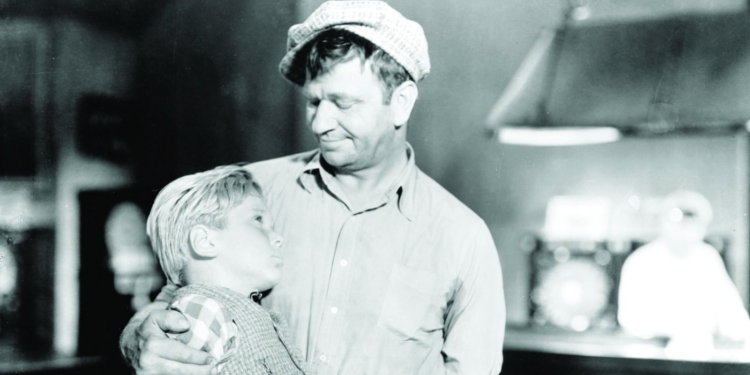
The 1931 drama The Champ tells the poignant story of an alcoholic ex-boxer who grapples with personal demons while trying to provide a better life for his young son. The film portrays the struggles of a father torn between his love for his child and his addiction, delving into the harsh realities of the boxing world and its toll on both body and soul. While it may have been overshadowed by more recent boxing dramas, The Champ was a critically acclaimed film upon its release, shedding light on the brutal and often unforgiving nature of the sport. Nominated for Best Picture at the 1932 Oscars, the film garnered two wins in the categories of Best Actor in a Leading Role for Wallace Beery and Best Writing, Original Story for Frances Marion, solidifying its place in cinema history.
4. The Fighter (2010)
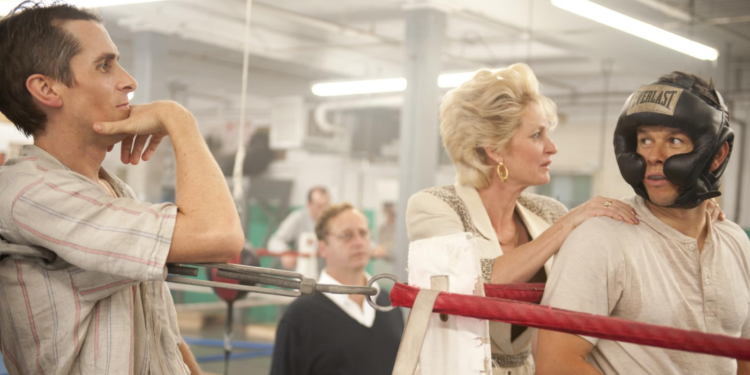

The 2010 movie The Fighter is a gripping and poignant tale based on the true story of Micky Ward (Mark Wahlberg), a resilient boxer from Massachusetts determined to make a name for himself in the shadow of his troubled older brother. As Micky grapples with the challenges of building his career, he must also navigate the weight of his brother Dicky Eklund’s struggles with drug addiction. Christian Bale delivers a standout performance as Dicky, flawlessly capturing the man’s mannerisms and demeanor with a skillful and immersive portrayal.
Bale’s performance steals the show in The Fighter, adding depth and authenticity to the film as he brings to life the complexities of addiction and family dynamics within the intense world of boxing. The Fighter was nominated for seven Oscars including Best Picture. Bale took home his first Oscar for Best Supporting Actor and Melissa Leo nabbed the gold in the Best Supporting Actress category for her commanding role as Alice Ward, the matriarch of this troubled yet iconic family.
3. Million Dollar Baby (2004)
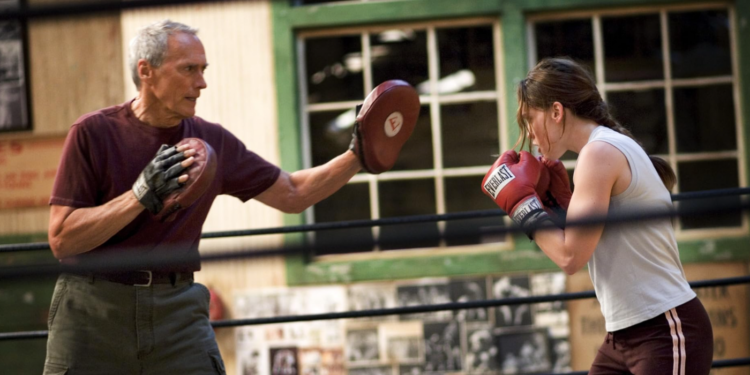

Million Dollar Baby stands as one of the most celebrated films that not only triumphed at the Oscars but has also continued to gather momentum, solidifying its place as one of Clint Eastwood‘s most critically adored directorial works. The film follows the story of Maggie Fitzgerald, a determined young woman who aspires to become a successful boxer under the guidance of grizzled trainer Frankie Dunn. As the plot unfolds, Million Dollar Baby deftly weaves together themes of love and loss, offering a stirring and poignant portrayal of the complexities of human relationships and personal ambition.
While interspersed with moments of light-heartedness, the film ultimately serves as one of the most heartbreakingly beautiful movies of all time, leaving a lasting impact on viewers long after they have witnessed its emotional power. Million Dollar Baby was nominated for 6 Academy Awards in 2005. It won in the following categories:
- Best Motion Picture of the Year – Clint Eastwood, Albert S. Ruddy and Tom Rosenberg
- Best Performance by an Actress in a Leading Role – Hilary Swank
- Best Performance by an Actor in a Supporting Role – Morgan Freeman
- Best Achievement in Directing – Clint Eastwood
Watch Million Dollar Baby on Netflix
2. Raging Bull (1980)
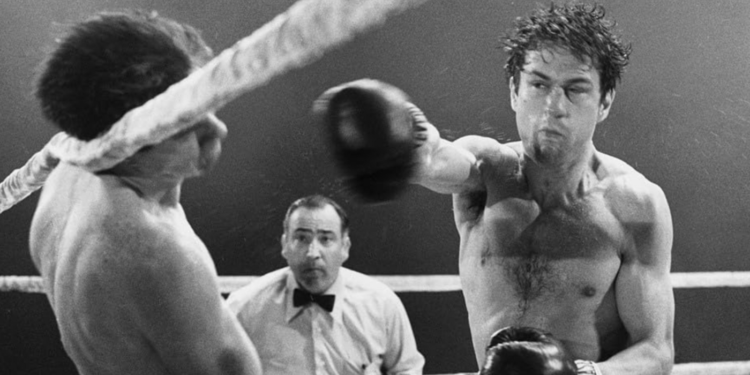

Raging Bull, the 1980 boxing classic, is a cinematic masterpiece that expertly weaves together dazzling boxing sequences with haunting orchestral music and striking black and white cinematography. The film delves into the tumultuous life of Jake LaMotta (Robert De Niro), an iconic boxer plagued by rage, paranoia, and intense jealousy. Through its unflinching portrayal of LaMotta’s mental health struggles, Raging Bull offers a raw and intense look at the complexities of human emotion and personal demons.
While the movie can be difficult to watch at times due to its unfiltered intensity, it has solidified its status as a classic thanks to its immersive storytelling and Robert De Niro’s transformative performance. De Niro’s dedication to the role is evident as he physically transformed himself to play LaMotta at different stages of his life, showcasing the depths of the boxer’s inner turmoil with raw authenticity and emotional power. Raging Bull was nominated for 8 Oscars, including Best Picture. De Niro won his second Oscar for Best Actor in a Leading Role and Thelma Schoonmaker took home the iconic gold statuette for Best Editing.
Watch Raging Bull on Prime Video
1. Rocky (1976)
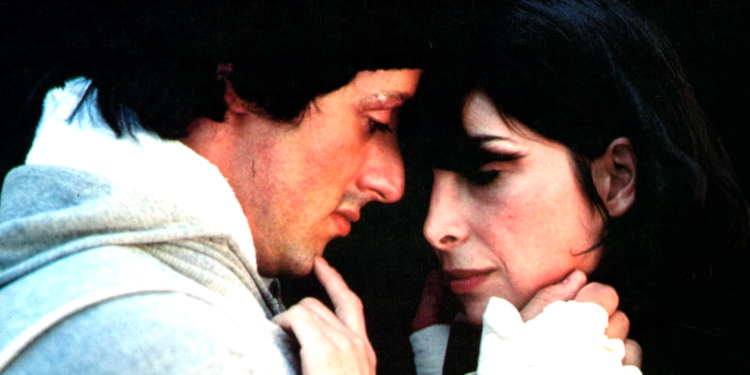

The classic 1976 film Rocky is a timeless masterpiece that tells the inspiring story of Rocky Balboa, an underdog boxer from Philadelphia who gets the chance of a lifetime to fight heavyweight champion Apollo Creed (Carl Weathers). The movie not only captivated audiences with its riveting boxing scenes but also with its heartfelt exploration of love, perseverance, and the human spirit. Rocky propelled Sylvester Stallone to overnight fame as the film’s lead star and screenwriter and also solidified his status as a Hollywood icon.
While the movie has spawned an over-inflated franchise, the charm and magic of the original 1976 film still resonate with audiences today. Despite being a boxing movie on the surface, Rocky is ultimately a love story at its core, showcasing the power of determination, belief in oneself, and the strength of the human heart. The film garnered 10 Oscar nominations and won in the following three categories:
- Best Picture – Irwin Winkler and Robert Chartoff
- Best Director – John G. Avildsen
- Best Film Editing – Richard Halsey and Scott Conrad
